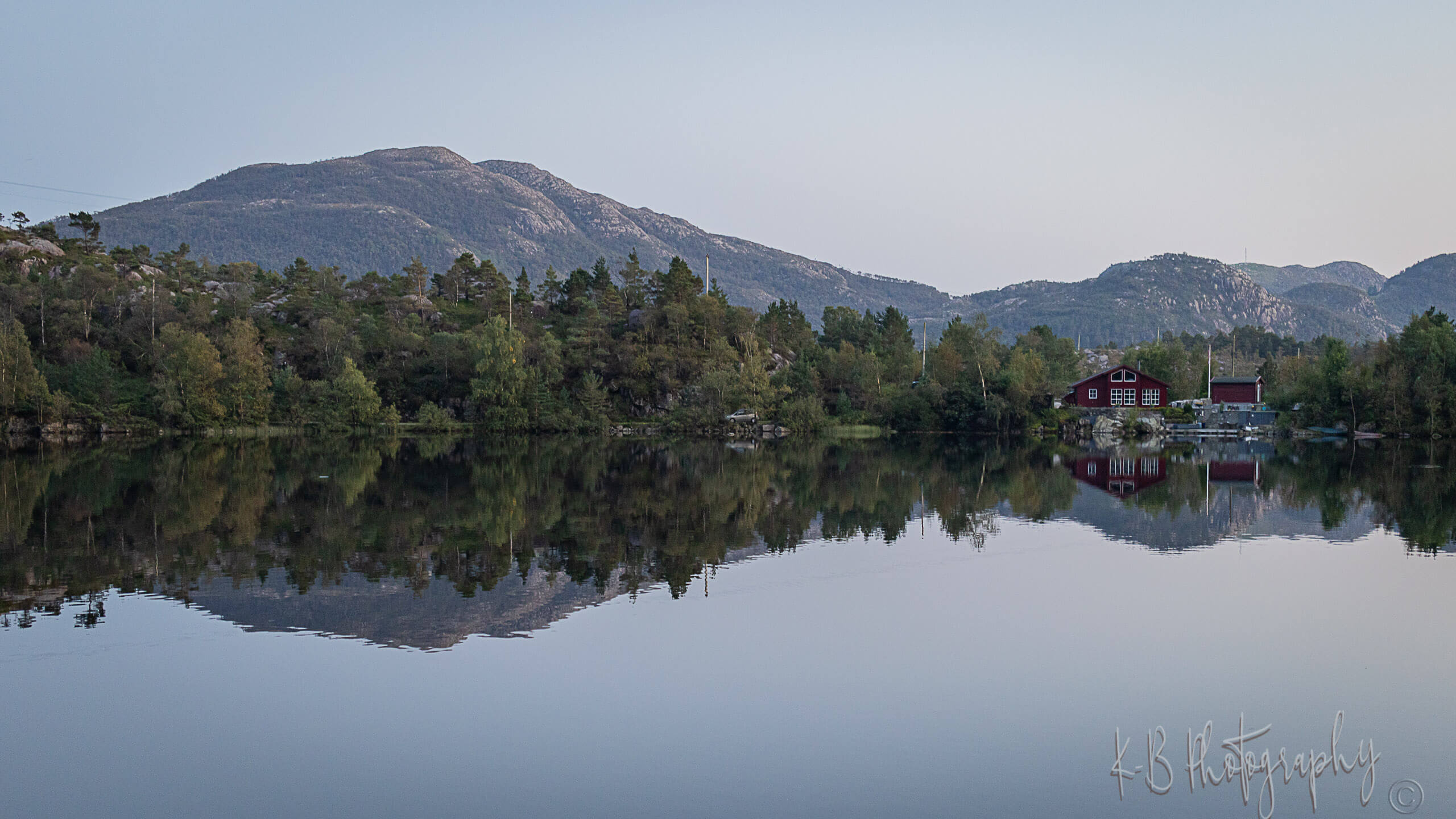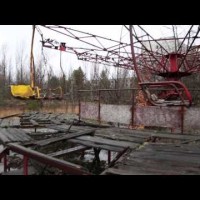Although some stories differ, it’s commonly believed that Ukraine’s Pripyat Amusement Park closed on the very same day it opened: April 27, 1986, exactly one day after the catastrophic Chernobyl nuclear disaster brought the world to a standstill. Due to the obvious, the entire city of Pripyat, with a population of around 50,000 at the time, was completely forsaken, not just its namesake amusement park. Radiation levels in parts of the park are still dangerously high, but that doesn’t discourage adventurous shutterbugs from entering this particularly chilling section of the Zone of Alienation to get a shot of Pripyat’s iconic abandoned

Pripyat Amusement Park
Hot
1888 1 4 0 0
K
Kurt
Updated
Accessible
Accessible
Other Info
To tour Pripyat, Chernobyl, and the surrounding villages, one must first obtain a day or several-day pass from the government. These passes can be obtained through the touring companies (see below). There are five well-known tour agencies that take visitors to Pripyat. However, due to the lack of repair, the buildings and other structures in the town are becoming increasingly dilapidated. Because of this, many tour companies will not let visitors into the buildings. Other than the crumbling buildings, safety is not a major concern. It takes between 300 and 500 roentgens per hour of radiation to deliver a lethal dose. Levels on the tour range from 15 to several hundred micro-roentgens per hour. All tours end with a screening for radiation levels. Already, after only two decades of abandonment, these cities are beginning to be swallowed up by the surrounding forest. Someday soon, they will no doubt be completely overgrown. On April 26, 1986, the No. 4 nuclear reactor at the Chernobyl Nuclear Plant near the city of Pripyat suffered from a catastrophic nuclear accident during a systems test. The resultant explosion and fire released large quantities of radioactive contamination into the atmosphere, which then spread over much of Western USSR and Europe. It is considered the worst nuclear power plant accident in history, and is one of only two classified as a level 7 event on the International Nuclear Event Scale; the other level 7 event being the Fukushima Daiichi disaster in March 2011.
Map
{{#ratings}}
{{title}}
{{#ownerCreatedBlock}}
{{/ownerCreatedBlock}}
{{#category}}
{{#editor}}
{{/editor}}
{{#user}}
{{/user}}
{{/ratings}}
-
{{#owner}}
-
{{#url}}
{{#avatarSrc}}
{{name}} {{/url}} {{^url}} {{#avatar}} {{& avatar}} {{/avatar}} {{name}} {{/url}} - {{/owner}} {{#created}}
- {{created}} {{/created}}
Category: {{category.title}}
{{/category}}
{{#fields}}
{{#showLabel}}
{{/fields}}
{{label}}:
{{/showLabel}}
{{& text}}

































